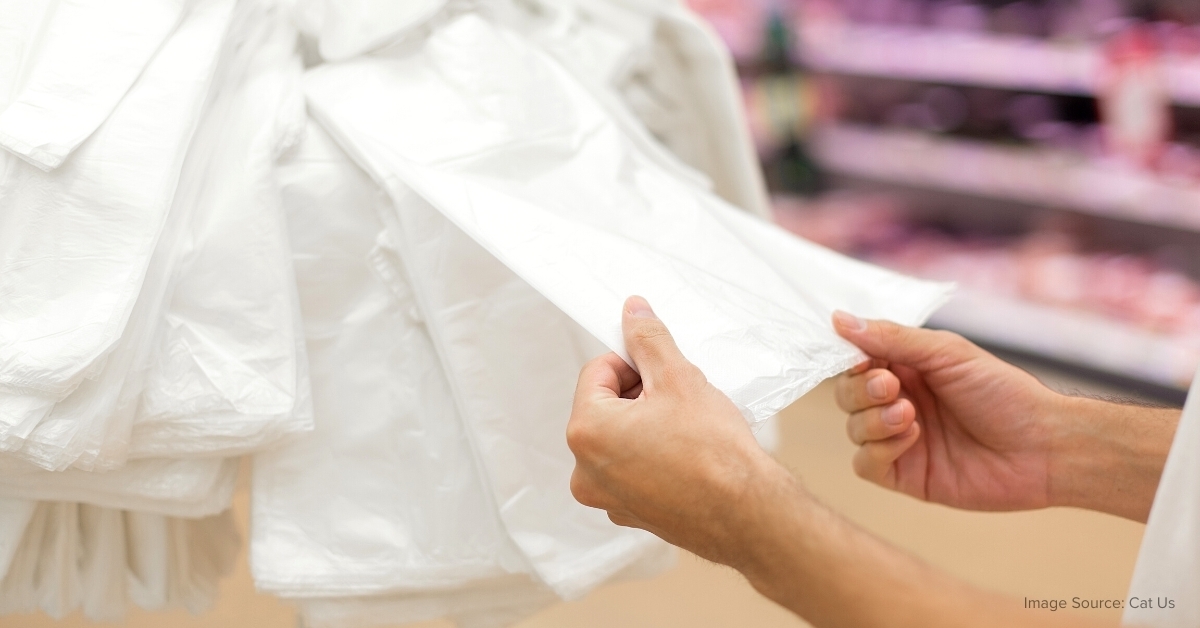
Published
December 28, 2022
Plastic bags have been used to pack every single thing people buy in stores. So is it cassava bags vs plastic?
For so long, plastic bags have been used to pack every single thing people buy in stores. Plastic bags fill oceans and landfills after getting discarded which affects people and marine life. Now that people are more conscious of single-use plastic’s effects on the environment, cassava starch bags are slowly replacing plastic bags in packaging items like beauty products. Find out in this article why cassava bags rule vs plastics.
Why cassava bags are cost-efficient
Plastic made of cassava may seem a novel idea to some, but here’s why they’re a good investment for your business:
It takes less energy and materials to make
Creating cassava bags from scratch doesn’t take much energy when you use your machines. All you need are the raw materials like cassava starch, vegetable oil, and organic resins. Energy costs are already on the roof. Lesser machine usage in making cassava bags saves your money.
Saves space and freight costs
Cassava bags are lighter since they are made of natural materials. They occupy less space in freight which reduces your freight costs. The number of rounds bringing your goods to another place is also reduced, so it’s a big win for your pocket. You can add more products and arrange them creatively with the extra space your freight has.
It’s biodegradable and compostable
Cassava bags decompose in around 180 days after you discard them and dissolve easily in hot water. At around nine months of decomposition, cassava bags turn into carbon dioxide, water, and biomass. Aside from that, cassava bags are also compostable. This might not be a welcome addition to the soil, but it won’t harm the environment since it’s not made of plastic.
It’s reusable
Cassava bags are reusable numerous times before you throw them away. It’s a durable alternative packaging to plastic and can hold up to 7 kilograms of weight. On the consumers’ end, cassava bags it’s used for other shopping errands and packing travel essentials. That’s pretty amazing for a bag made of cassava, right?
Practicing sustainability in the workplace for a longer company life span
The road to being a sustainable business in the Philippines starts with you as the business owner. You have the power to create sustainable workplace policies that employees will follow. But first, your employees need to understand how the usual practices harm the environment and why you’re going green. This two-way conversation also helps in generating ideas for the policies you’ll make. Some of the policies you can implement include conserving water and energy, going paperless on transactions, and recycling recyclable materials.
One example of a company practicing sustainability is TaskUs. The American outsourcing company allows 90% of its workforce to work from home to reduce the emissions of harmful gasses due to commuting. TaskUs also has programs in recycling and water and energy conservation.
Practicing sustainability is a long and winding process. When you go green, you’re saving the environment that sustains your business and improving the lives of the people you serve.
Ditch plastics for good with Oikos
Cassava starch bags help in minimizing the effects of plastics on the environment with its zero-plastic ingredients. Companies can benefit in using plastic bags to save costs and prevent the environment from wrecked on all sides.
Make the big step of ditching plastic and switching to biodegradable packaging for business with Oikos Sustainable Solutions! Our corn and cassava starch bags are 100% plastic-free and decompose within three to six months. We also accept per piece and bulk orders that you can customize for your eco-friendly business. Check out our products here.
Facebook
Linkedin
Twitter
Pinterest
